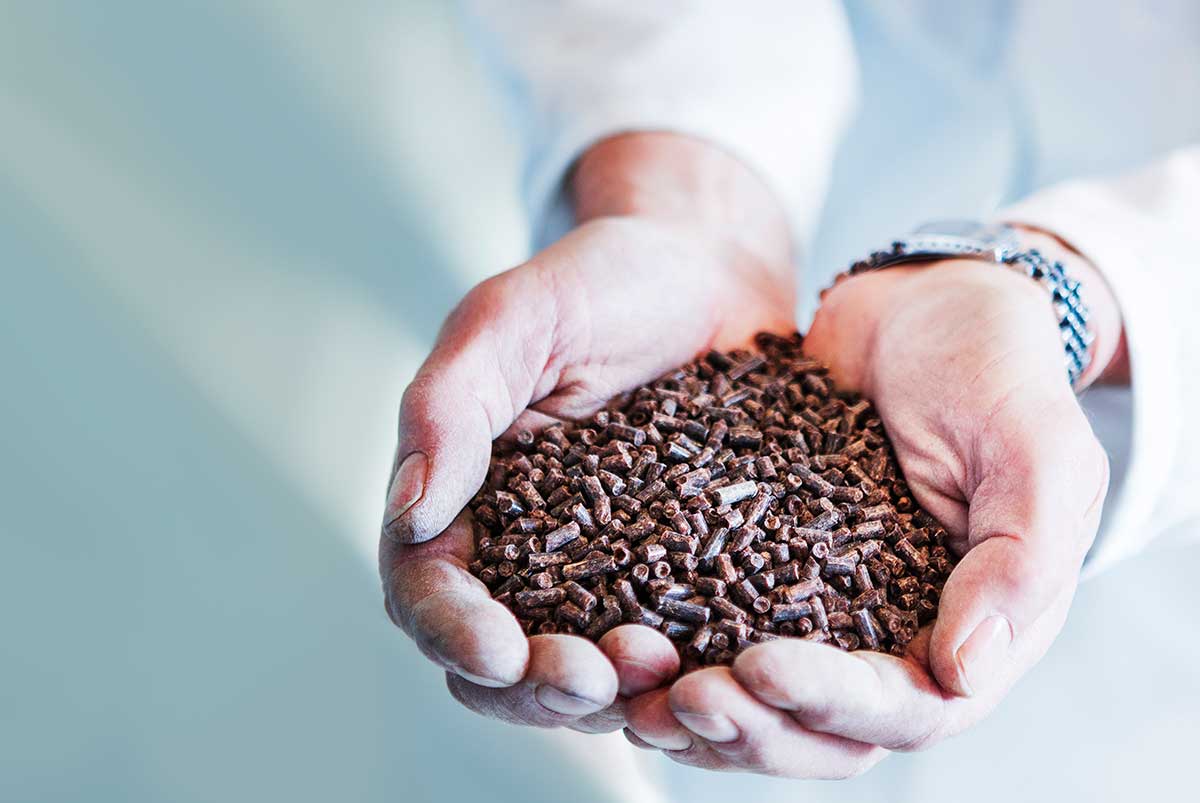California-based sustainable fish and livestock feed innovator Calysta has completed a $40 million Series D funding round, led by Japanese trading house Mitsui & Co, and including Singapore state investment fund Temasek.
Calysta produces feed, as well as energy and other industrial materials, through the biotransformation and gaseous fermentation of sustainable, low-cost feedstocks such as soil and methane.
Existing investors also joined the round including global agribusiness Cargill, the Municipal Employee Retirement System (MERS) of Michigan, Dutch sustainable aquaculture fund Aqua-Spark, Walden Riverwood Ventures, and Pangaea Ventures.
The Series D round follows the company’s $30 million Series C in February 2016.
The financing will enable the business to achieve commercial scale manufacturing of its FeedKind protein, which is an alternative feed ingredient for fish, livestock and pet nutritional products.
Aquaculture feed is in high demand as fish farmers look for sustainable alternatives to wild caught fish for fishmeal. Estimates value the aquaculture feed market at $100 billion because the aquaculture industry needs to find 300 million tons a year of extra fish feed by the end of the century to meet demand.
Mike Velings, co-founder of Aqua-Spark, which first invested in Calysta in 2015, applauded the fact that the startup’s new protein is now moving into commercial production, stressing that the development of the new feed had already taken considerable time, effort and money.
“We’re talking about a total investment of some $600 million and a simply gargantuan effort,” he told AgFunderNews.
FeedKind protein is expected to enter commercial production in 2019. Initial output will be up to 20,000 metric tons a year, produced from what Calysta has described as the world’s largest gas fermentation facility, which is being built in Memphis, Tennessee.
Last month, NouriTech, the venture building the plant formed by Calysta and Cargill, held a ceremony at the Memphis site to mark the start of construction of a new plant which will be able to produce approximately 200,000 tons of FeedKind a year.
Mitsui and Temasek have made a few agtech investments to-date. Last year, Temasek invested in VoloAgri, a vegetable seed technology and breeding company, and Modern Meadow, the bio-fabricated leather manufacturer. It’s also invested in StarAgri Warehousing and Collateral Management, an Indian agriculture logsitics company. Mitsui & Co has invested in precision ag startup Farmers Edge, Israeli sensor and data analysis startup Phytech, as well as Chefmarket, a Russian food e-commerce company.
Mitsui’s general manager in the animal nutrition department Hitoshi Kudo will join the board as well as Temasek’s, managing director of agribusiness and biotech investments Suan Swee Tan.
“We look forward to working with Mitsui as a strategic partner in the marketing and distribution of FeedKind in important new markets (Asia) and in the expansion of FeedKind production,” said Tom Baruch, executive chairman of the Calysta board. “We also welcome the opportunity to establish a significant collaboration in Singapore with Temasek, a leader in supporting innovative technology development.”
Speaking after the ceremony in Memphis, Alan Shaw, Calysta president and CEO described FeedKind protein is a new sustainable feed ingredient that is critical to helping meet sharply rising global demand for food. He also welcomed the new plant development as marking the ‘next step in bringing this important product to markets throughout the world.’





